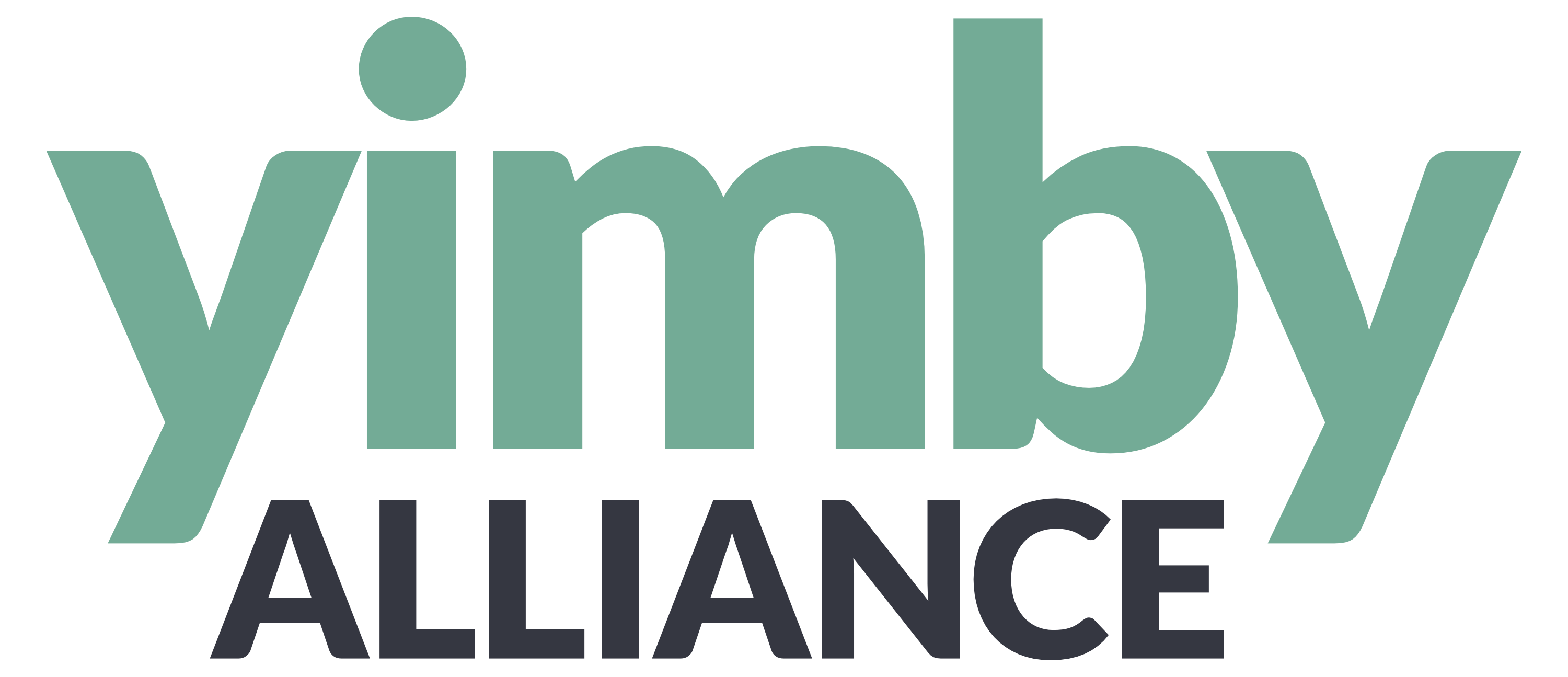No scheme is too small to help ease the housing shortage. Even one extra home is a place for a person or family to live who might otherwise have had to pay more, live further away or even experience homelessness. That’s why we’ve collected these resources on how you can support good proposals for new homes in your area by responding to planning applications.

Commenting in support
When commenting on a planning application you support, here are some top tips:
- Find the documents in the application on the planning applications section of your council’s website.
- Be polite, focus on the facts of the case.
- Mention your links to the area, and your personal reasons for supporting it, but don’t make this the main focus of your comment on it.
- The planning officer needs to think about planning law – that’s your audience.
- Meet the deadline: most applications have a two-week time limit for comments
- The Design and Access statement or another covering letter or summary document in the planning application will often mention planning policy reasons why the development should be approved.
- If you can, emphasise some of those arguments, especially any that mention your council’s local plan (which you can find on their website) and national policy if you can. How does the development fit into the local plan? Are there any policies you think are important and relevant to your argument?
- Talk about any positive impacts the development might have on the local area.
- Common supportive comments:
- Our area has a huge housing need and the proposal will meet some of this need.
- The proposal will bring a derelict site back into use.
- The design will complement the character of the area.
- There is a shortage of small homes for local people who wish to downsize and this proposal will add to the housing mix.
Speaking at a planning meeting
Once a planning application has been consulted on, a planning officer (a council official) will write a report, recommending to the councillors a plan of action – generally either to reject or accept the application. The final decision, however, is up to elected representatives who sit on the planning committee. They will often hear from members of the public who are against any and all schemes, so even by standing up and saying you support it you are making a huge difference.
Make sure you find out at which meeting the planning application you care about will be discussed and register to speak well in advance. The easiest way to find this out is to contact your local planning authority directly. They can tell you their procedure – it’s different for every council.
Here are some ways you can make the most of your time speaking at a planning meeting:
- Emphasise your connection to the area:
- Mention that you are registered to vote locally and you do always vote – these are local politicians who want to hear from engaged voters
- Say you are keen to put down roots in the area – regardless of your age the local area is as much yours as any other resident
- Call out our desperate housing shortage
- Bring up your experiences in the local housing markets: high rents, poor conditions and unaffordable prices to buy are all because we haven’t built enough homes.
- What about your friends? Are they affected like you? Might you or they have to move away because the area is too expensive?
- You can even encourage local friends to come along to speak to the committee themselves, or at least stand in the audience and applaud.
- Reference local and national planning policy
- We’ve given suggestions on how to do this in the Commenting section above.
- Mention positive elements of the scheme
- Does the development do a lot to mitigate any impacts? Mention any specifics if you can.
- Are there amenities provided (e.g. new shops, a park, etc) that you are excited to have near you?
- Will the housing be denser than the average in the area? Point out that that will help the residents reduce their carbon footprint,
- Point out that the development will make contributions for infrastructure (and possibly for social housing) which will help the area.
- If it’s not social housing and there are complaints about “luxury housing” you can say that it’s not luxury housing – it’s just expensive because there isn’t enough of it. All the residents of private housing in the area live in housing that is nearly as expensive, even if they haven’t realised it.
- Other points you could mention:
- If you don’t build more homes then the local schools will suffer from a lack of families.
- London used to build far more housing, but it is at record lows. It’s key for the community to pull together and make an effort so local children aren’t forced out to live in other areas.
Most importantly of all – speak honestly about your experience as a resident. If the meeting is recorded, send us a clip to share if you want!
